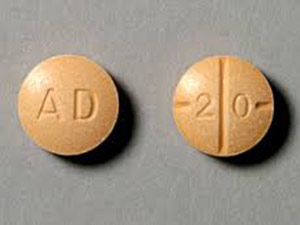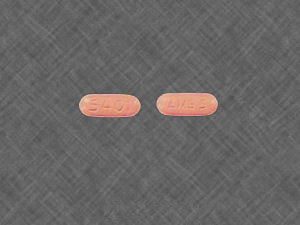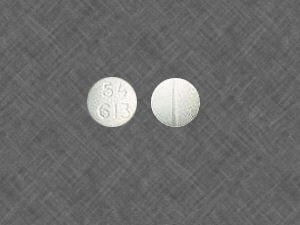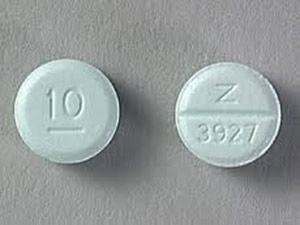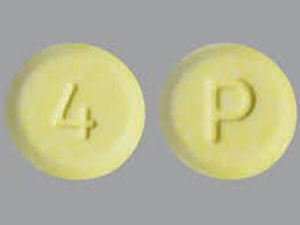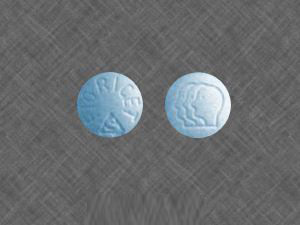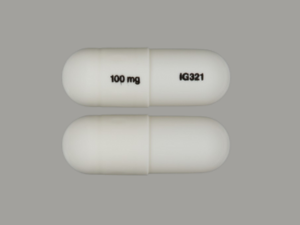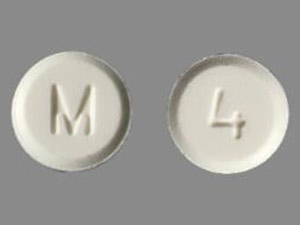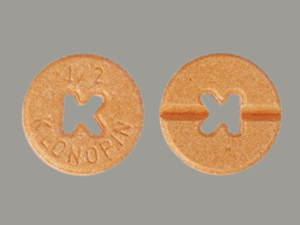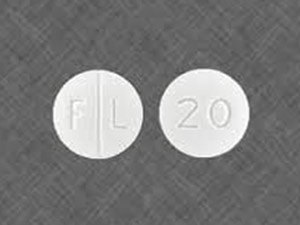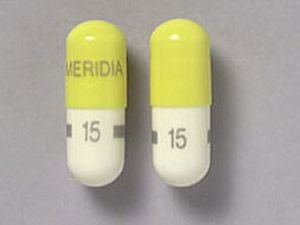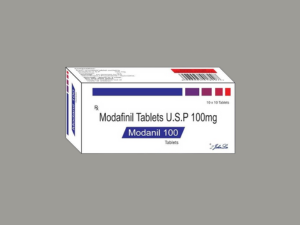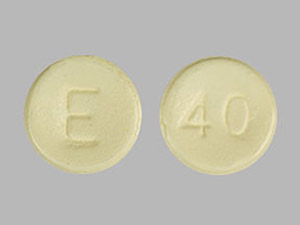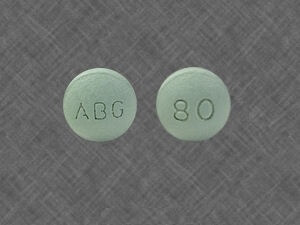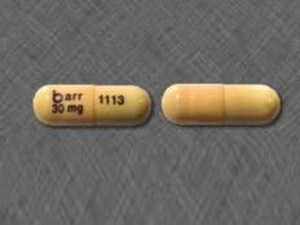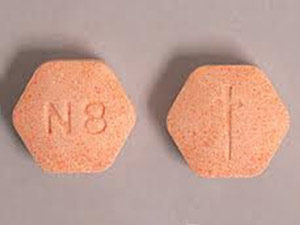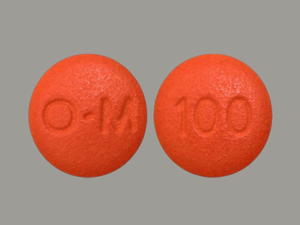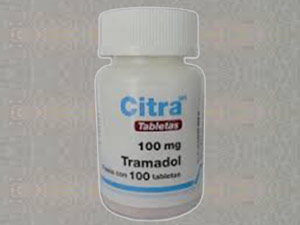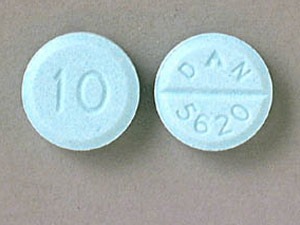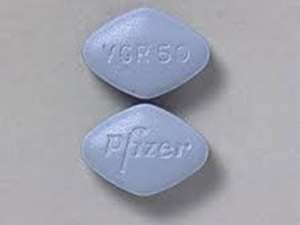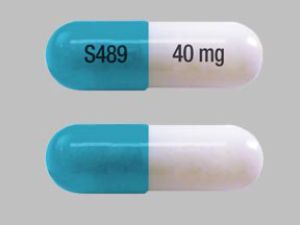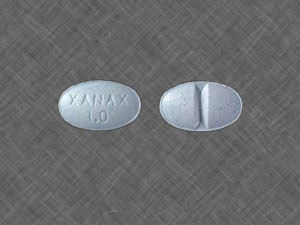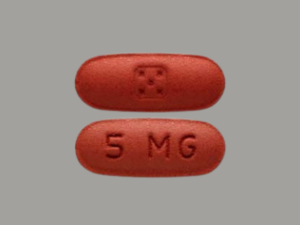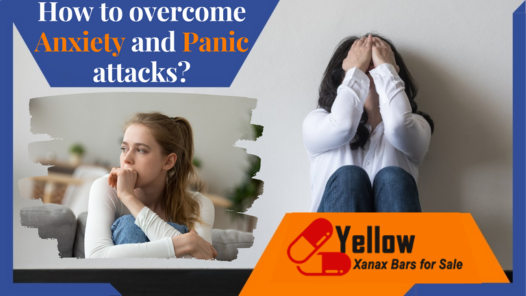
How to overcome Anxiety and Panic attacks?
It’s possible to overcome anxiety and panic attacks with the right resources and support. If you’re struggling, seek help from a mental health professional or support group. Don’t suffer in silence; take the first step towards healing today.
Suffering from such situations is quite regular these days but your health matters. But anxiety and panic attacks can occur for any reason and ruin your life badly. Discover the topic more by reading this blog.
What are anxiety and panic attacks?
Anxiety and panic attacks are distressing psychological experiences that can significantly impact an individual’s well-being. Anxiety is a pervasive feeling of apprehension, worry, or unease, often triggered by actual or perceived threats. It is a natural stress response, but excessive or chronic anxiety can impact daily life.
On the other hand, panic attacks are intense and sudden episodes of overwhelming fear or discomfort. They can strike without warning and peak within minutes, causing physical and emotional distress. Symptoms include rapid heart rate, trembling, sweating, shortness of breath, chest pain, dizziness, and a sense of impending doom. Specific situations can trigger panic attacks or occur unexpectedly, leading to heightened fear of future attacks.
Symptoms of anxiety and panic attacks?
Symptoms of anxiety and panic attacks can vary in intensity and presentation but generally involve a range of physical, emotional, and cognitive experiences.
Anxiety Symptoms:
Anxiety often manifests as persistent worry, excessive fear, or unease. Physical symptoms may include restlessness, muscle tension, fatigue, sweating, trembling, and an increased heart rate. Individuals may experience difficulty concentrating, irritability, sleep disturbances, and heightened alertness. Avoidance of triggers and situations that cause anxiety may also occur, impacting daily functioning.
Panic Attack Symptoms:
Sudden and intense episodes of fear or discomfort are commonly known as panic attacks. Physical sensations may include a racing heart, chest pain, shortness of breath, dizziness, tingling sensations, and a feeling of choking or suffocation. A sense of impending doom or losing control is standard. These symptoms can be so severe that they lead to a fear of having future panic attacks, potentially triggering further anxiety.
It’s important to note that while anxiety symptoms may be chronic and persistent, panic attacks are typically brief and intense. Both conditions can significantly impact daily life, leading to avoidance behaviors and reduced quality of life. Proper diagnosis and treatment, often involving therapy, medication, or a combination of approaches, can help individuals manage these symptoms effectively and regain control over their mental and emotional well-being.
What is the cause of anxiety and panic attacks?
Both anxiety and panic attacks can be debilitating, affecting social interactions, work, and overall quality of life. They may result from genetic, environmental, and neurological factors.
Treatment for anxiety and panic attacks?
Treatment for anxiety and panic attacks often involves a combination of therapeutic approaches, lifestyle changes, and, in some cases, medication.
Therapy: Psychotherapy, particularly Cognitive-Behavioral Therapy (CBT), is a widely used and effective treatment for anxiety and panic attacks. Exposure therapy and mindfulness-based techniques are also beneficial in managing anxiety triggers.
Relaxation Techniques: Practicing progressive muscle relaxation, deep breathing, and meditation will help manage symptoms of anxiety and panic attacks. These techniques help promote a sense of calm and reduce physical tension, which can be especially helpful during times of stress.
Lifestyle Changes: Regular exercise, a balanced diet, adequate sleep, and avoiding stimulants like caffeine and nicotine can positively affect managing anxiety. Engaging in enjoyable activities, socializing, and maintaining a supportive social network can also contribute to overall well-being.
Stress Management: Learning effective stress management techniques, such as time management, setting realistic goals, and seeking support from friends, family, or support groups, can help individuals better cope with stressors that contribute to anxiety.
Professional Help: Pursuing guidance from mental health specialists, like psychologists, psychiatrists, or counselors, is crucial. They can provide accurate diagnoses, develop a tailored treatment plan, and offer ongoing support. Treatment approaches may vary based on the severity of symptoms, individual preferences, and underlying conditions.
It’s essential for individuals experiencing anxiety or panic attacks to consult with a healthcare provider to determine the most appropriate treatment strategy for their specific situation.
What are the medicines for anxiety and panic attacks?
Several types of medications are used to treat anxiety and panic attacks. It’s crucial to note that medication should always be specified and monitored by a qualified doctor, and the choice of drugs depends on the individual’s specific symptoms, medical history, and response to treatment. Some common types of medications for anxiety and panic attacks include:
Selective Serotonin Reuptake Inhibitors: These are generally prescribed antidepressants that can effectively treat anxiety and panic disorders. Examples include fluoxetine, sertraline, and escitalopram.
Serotonin-Norepinephrine Reuptake Inhibitors (SNRIs): These medications also target the brain’s neurotransmitters and can treat anxiety and depression. Venlafaxine and duloxetine are examples of SNRIs.
Benzodiazepines: These medications are often used for short-term relief of severe anxiety or panic attacks. They enhance the effects of a neurotransmitter called gamma-aminobutyric acid (GABA) in the brain. Examples include diazepam, lorazepam, and alprazolam. However, they can be habit-forming and are typically used cautiously due to the potential for dependence.
Beta Blockers: These medications control physical symptoms of anxiety, like rapid heart rate, and trembling. They are accommodating for performance anxiety or situations where physical symptoms are prominent.
Buspirone: This medication is specifically approved for treating generalized anxiety disorder. It is a serotonin receptor agonist and can have a milder, non-sedating effect than benzodiazepines.
Tricyclic Antidepressants: Although less commonly prescribed due to potential side effects, these older antidepressants can effectively treat anxiety disorders. Amitriptyline and imipramine are examples.
The most commonly recommended medicines are;
Xanax; Xanax is a benzodiazepine that is often used to treat panic attacks. It works by slowing down brain and nervous system activity, which can help reduce anxiety. If you want to purchase Xanax online, our website offers it without a prescription.
Ativan; Your doctor may prescribe Ativan in addition to Xanax to help manage your anxiety disorder. Ativan can also be taken if you are experiencing sudden panic attacks.
Valium; Valium is a medication the FDA has approved for ministering anxiety disorders, short-term relief of anxiety disorders, and adjunct therapy for muscle spasms and severe convulsive seizures. It is important to note that Valium should not be taken regularly to prevent attacks.
Working closely with a healthcare provider to select the most suitable medication and dosage for your needs is vital. Medication is often used with psychotherapy and lifestyle changes to provide comprehensive treatment for anxiety and panic attacks.
Conclusion
If you or someone you know is struggling with anxiety or experiencing panic attacks, seeking professional help is essential. A mental health provider can provide an exact diagnosis and a personalized treatment plan and offer guidance to manage symptoms and regain control and well-being. This was all about anxiety and panic attacks.

